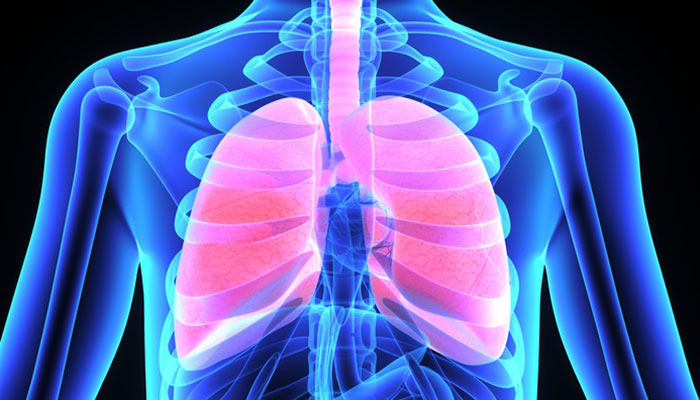
People with advanced and end-stage dementia are prone to pneumonia. A lot.
This is not the kind of pneumonia you can get a vaccine against.
With advanced dementia, the body does not reliably close off the esophagus to prevent inhalation of particles of food or drink. When food or liquid slip into the lungs instead of the stomach, it can lead to aspiration pneumonia.
Ways to prevent aspiration pneumonia:
- Rest for 30 minutes beforehand
People who have been active before eating have more trouble swallowing. - Sitting up to eat
Make sure your loved one is sitting up at 90°. Preferably at the table. - Calm, leisurely meals
Rushed eating is more likely to result in food going down the wrong pipe. - Reduce distractions
Present one food at a time. Smile encouragingly, but minimize conversation. Talking is distracting. It increases the risk of aspiration. - Small bites and sips of water
Food goes down more easily when cut into small pieces, especially if alternated with sips of water. - Tucked chin when swallowing
Lowering the chin toward the chest seems to line up the throat in a favorable angle. - Regular oral hygiene
Brushing teeth twice a day removes food particles and bacteria. The use of nonalcohol mouthwash can also help.
Thickened liquids
Thickened juices seem to cause fewer swallowing problems. But many people dislike the texture. As a result, they reject fluids altogether. That can lead to dehydration, which brings other problems, such as bladder infections. Instead of thickening, try high-liquid foods, such as jello, watermelon, and sorbet.
Consider a palliative care consult
If your loved one has trouble with aspiration pneumonia, you might ask for a palliative care consult. These specialists can help with strategies and treatment decisions.

